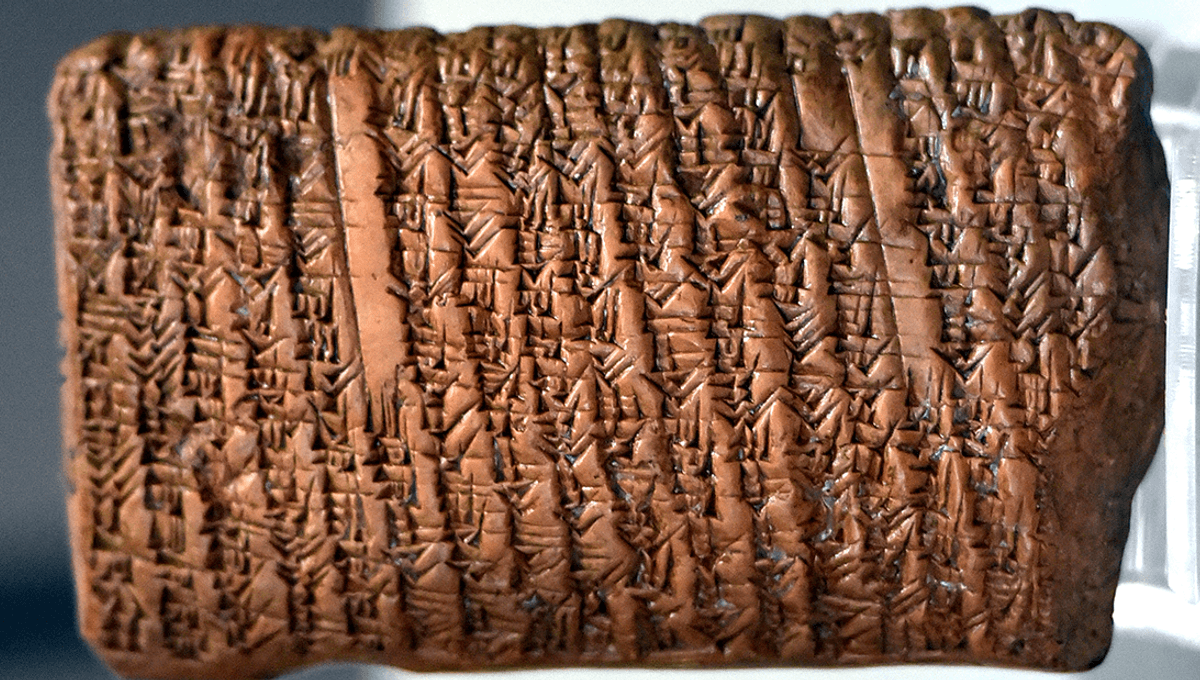Study math for long enough and you will likely have cursed Pythagoras’s name, or said “praise be to Pythagoras” if you’re a bit of a fan of triangles.
But while Pythagoras was an important historical figure in the development of mathematics, he did not figure out the equation most associated with him (a2 + b2 = c2). In fact, there is an ancient Babylonian tablet (by the catchy name of IM 67118) which uses the Pythagorean theorem to solve the length of a diagonal inside a rectangle. The tablet, likely used for teaching, dates from 1770 BCE – centuries before Pythagoras was born in around 570 BCE.



It’s even more amazing than that in the case of Rome. To cite just one example, by the time of Constantine I in the mid-300s CE, Rome could support armies totaling 650,000 men. The logistics and organization required to do that are staggering. After the fall of Rome, it would take until the time of Napoleon’s Grand Armee in the early 1800s before numbers like that were fielded again. Even today, there are relatively few countries with an active military force of that size. They weren’t just sitting around either. Rome was always fighting someone. It speaks to the ability of ancient peoples to organize and support truly massive endeavors and sustain them over literal centuries. I mentioned Napoleon’s Grand Armee earlier. It was large, but it only lasted for about 5 years.
So, yes, a ton of technology was lost for a long time, both physical and social/organizational.
And during the second Punic war, when Rome mostly just controlled the Italian boot, Hannibal ravaged the peninsula for a decade but Rome just kept raising more armies to fight them. You could say that war wasn’t very well understood at that time (like Hannibal was very good at battles, but couldn’t turn that dominance into its own advantage), but it’s still crazy to me that Rome just had an enemy army just roaming around, surviving on plunder and foraging, destroying the armies Rome sent to oppose it, but otherwise Rome was still able to function as a state to the point where they could raise, organise, equip (actually, they might have had to equip themselves at this point, I think the Empire providing that was one of the innovations they later started), train, move, and feed armies despite it.
Romes navy during the punic wars was basically a boss that always had another stage you would have to beat